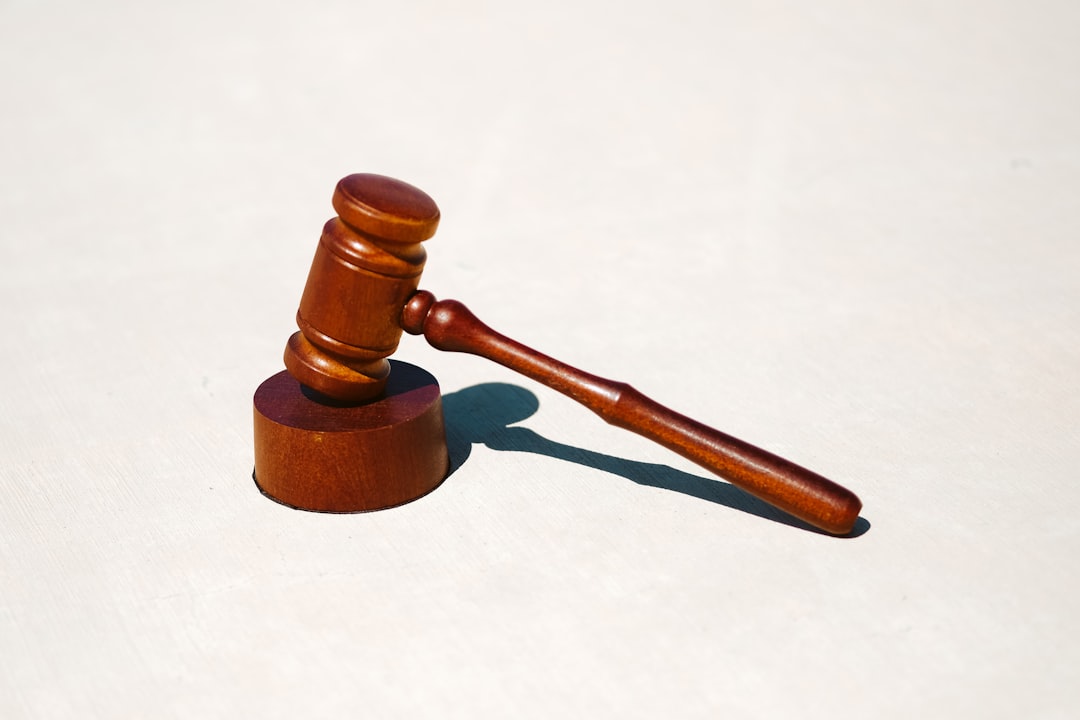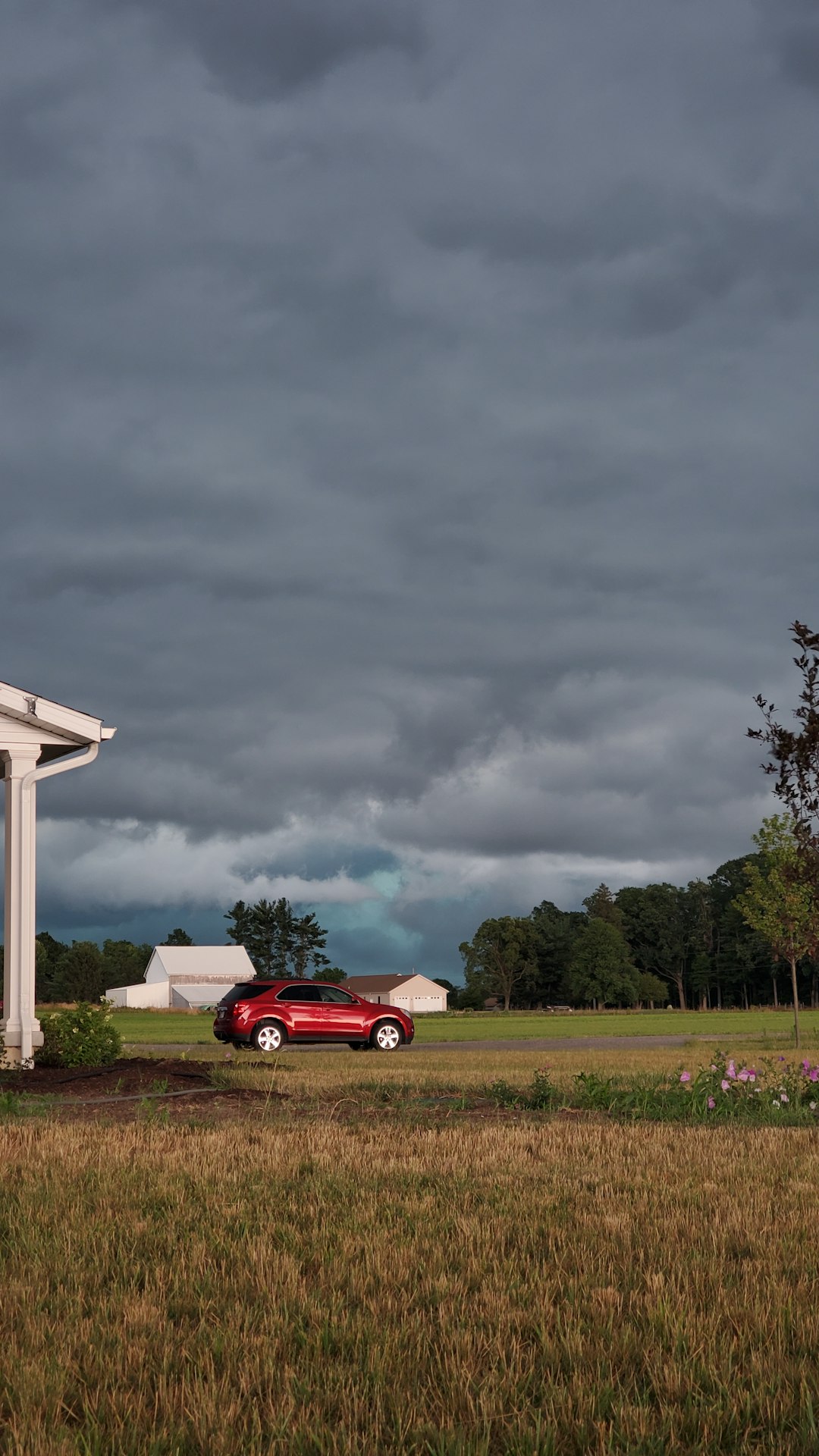Legal precedents in Indiana heavily influence the state's approach to elderly sexual assault cases, guiding evidence handling, victim rights, and sentencing. Elderly sexual assault lawyers in Indiana expertly interpret these precedents, ensuring fair representation for clients while contributing to stronger legal protections through evolving laws. Recent cases have set important precedents, leading to anticipated changes like stricter legislation, enhanced protections, and broader definitions of consent, aligning with national trends to address sexual assault comprehensively.
In Indiana, legal precedents play a pivotal role in shaping future sexual assault laws. Understanding these precedents is crucial for navigating the state’s legal landscape, especially regarding elderly sexual assault cases, which present unique challenges. This article delves into how past cases influence legislation, focusing on specific issues faced by elderly victims. By examining these trends, we predict potential changes ahead, providing insights for both legal professionals and advocates with a keen interest in Indiana’s evolving sexual assault laws, particularly those involving elder care.
Understanding Legal Precedents: How Past Cases Impact Sexual Assault Laws in Indiana

Legal precedents play a pivotal role in shaping the legal landscape, and this is especially true for laws pertaining to sexual assault in Indiana. When a judge decides a case, their ruling sets a precedent that future courts often follow. This means that previous decisions by Indiana’s courts can significantly influence how sexual assault cases are handled moving forward.
For instance, landmark cases involving elderly sexual assault victims in Indiana have led to crucial legal developments. These precedents have helped establish guidelines for the admissibility of evidence, victim rights, and sentencing guidelines, all of which contribute to a more just and effective legal system when dealing with such sensitive matters. Elderly sexual assault lawyers in Indiana often navigate these complex precedents to ensure their clients receive fair representation and that the law continues to evolve to protect vulnerable individuals.
Elderly Sexual Assault Cases: Specific Challenges and Their Effect on Future Legislation

In Indiana, cases involving elderly sexual assault present unique challenges that demand meticulous legal handling. The vulnerability of the victims—often frail and reliant on caregivers—requires a nuanced approach in court. These cases often hinge on delicate evidence and witness testimonies, making them complex to prosecute. Elderly victims may also face additional barriers, such as memory lapses or a reluctance to come forward due to societal stigma.
Indiana’s legal precedents in handling these cases significantly influence future legislation. The state’s courts have been instrumental in setting standards for the admissibility of evidence and the treatment of vulnerable witnesses. Efforts to enhance protection for elderly victims include stricter guidelines for caregiver oversight and improved protocols for reporting and investigating sexual assault within assisted living facilities. These developments not only ensure more robust legal support for elderly sexual assault victims but also encourage a culture of accountability among caregivers and institutions.
Navigating the Future: Predicting Changes in Sexual Assault Laws Based on Indiana's Legal Landscape

As we look ahead, the legal landscape in Indiana offers insights into potential shifts in sexual assault laws. The state’s recent cases, particularly those involving elderly victims, have set important precedents. These decisions highlight the growing recognition of the severity and unique challenges associated with sexual exploitation targeting the vulnerable.
Elderly sexual assault lawyers in Indiana argue that these precedents could lead to more stringent legislation and enhanced protections for at-risk individuals. By examining existing legal trends, it becomes evident that future laws may focus on broadening the definition of consent, strengthening reporting requirements, and imposing harsher penalties for offenders. Such changes align with a broader national movement to address the pervasive issue of sexual assault, ensuring that Indiana remains responsive to evolving societal needs and continues to provide justice for all victims.





